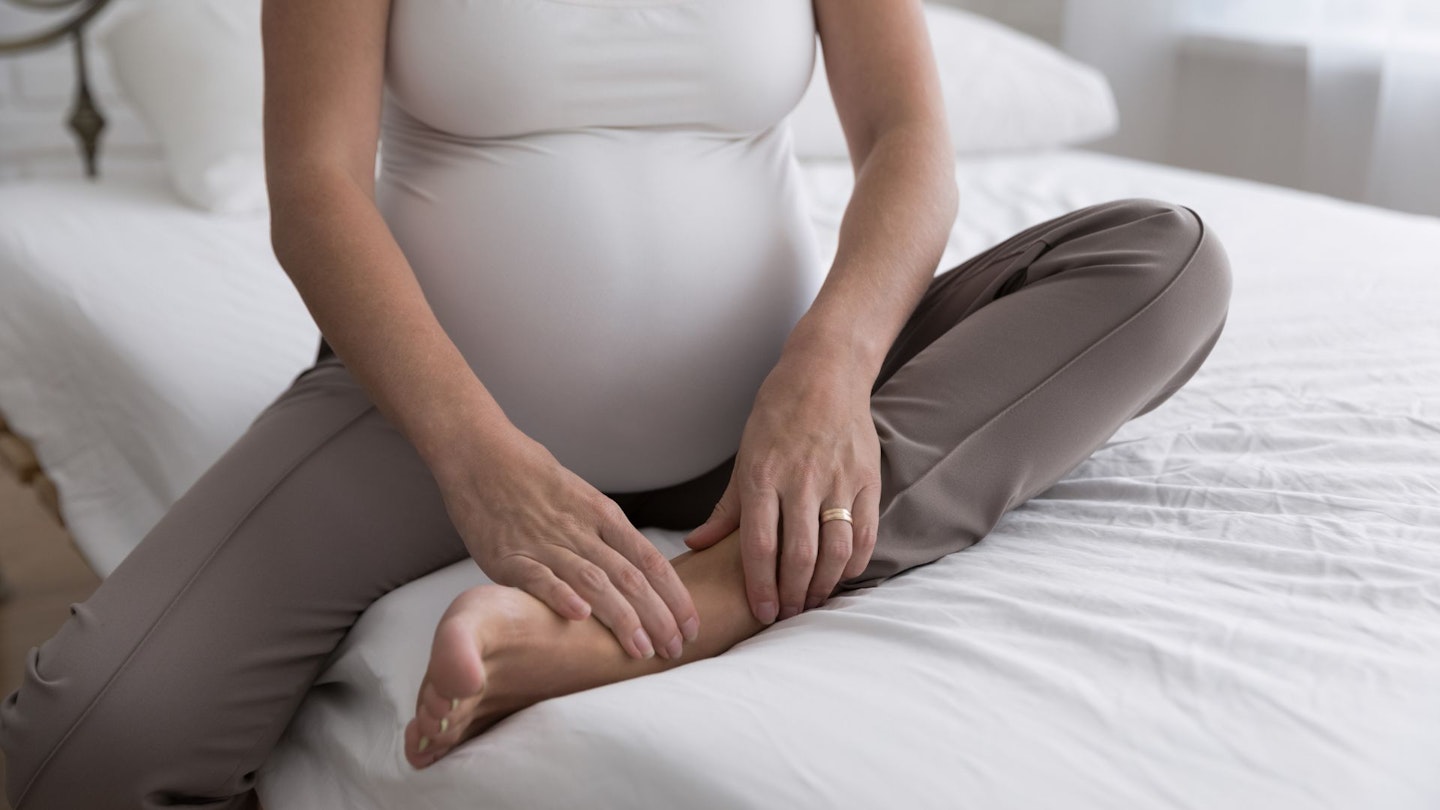Itching in pregnancy, mainly around your bump, is common symptom in pregnancy that usually when hormone levels of progesterone and oestrogen start to increase, however when you get itchy feet in pregnancy indicate something else is going on.
We know just how much itching can be irritating and sometimes you do get that itchy feeling all over. But itchy feet in pregnancy along with other symptoms such as dark urine and worse symptoms at night, could be a sign of intrahepatic cholestasis of pregnancy, (ICP).
According to the NHS, ICP affects around one in 140 pregnant women in the UK and requires medical attention if you noticed the symptoms.
What is ICP?
ICP is a liver condition that can develop in pregnancy, where bile acid does not flow properly when you digest food and instead builds up.
It's more common when there is a history of ICP in the family, but it can also present itself when there is no family history.
Increased bile acids while pregnant can increase the chances of premature labour, and mums will be advised against home births.
Women with ICP may be offered an induction of labour from 35 weeks to ensure that baby is delivered safely, and also depending on the level of bile acids in your blood.
What symptoms should I look out for?
Itchy feet in pregnancy is one of the main symptoms to look out for, even if it's mild. If the itching is distressing or worsens at night these can also be signs of ICP and will need to be checked by a health professional.
Other symptoms include dark urine, pale poo and yellowing of the skin and whites of the eyes. Although, yellowing of the skin is a less common symptom.
When should I talk to my midwife?
The NHS mentions: "symptoms of ICP start from around 28 weeks of pregnancy, although it's also possible to develop the condition earlier.
As soon as you notice the symptoms or have itchy feet, it's important to talk to your midwife or doctor straight away so that the itching can be diagnosed and other causes of itching can be excluded.
It's important that you seek advice as early as possible from when symptoms start, as if tests indicate ICP, it's important that your symptoms are monitored through regular liver blood tests.
If you have any concerns at all during your pregnancy it is always important to talk to your midwife about it or seek medical advice.
How can I ease itching?
While there is no cure for ICP, itchy feet symptoms can be eased and should also go after pregnancy.
The NHS advices wearing loose clothes as they are less likely to cause irritation. You might also want to wear more natural material clothing such as cotton. If you haven't bought maternity clothes yet, it might be worth considering the material when you do shop.
Creams can also help with itching. If you do use creams or stretch mark oils for your bump, it's best to use sensitive skin ranges and avoid creams with strong perfumes.
Some healthcare professionals might also prescribe medication that is safe to take while pregnant, to help relieve ICP symptoms.
Samantha Ball is a Product & Lifestyle Writer for Mother&Baby and freelanced for the website for two years before joining the team full time. She's a mum of two and loves browsing for the best products and cute outfits.
